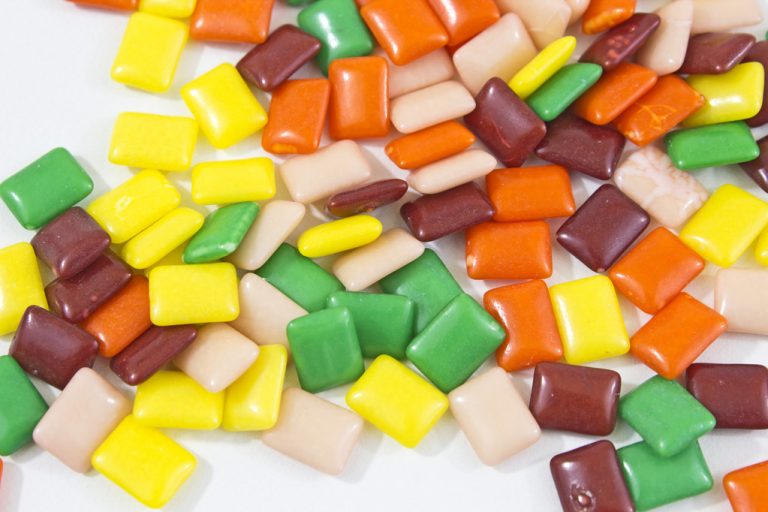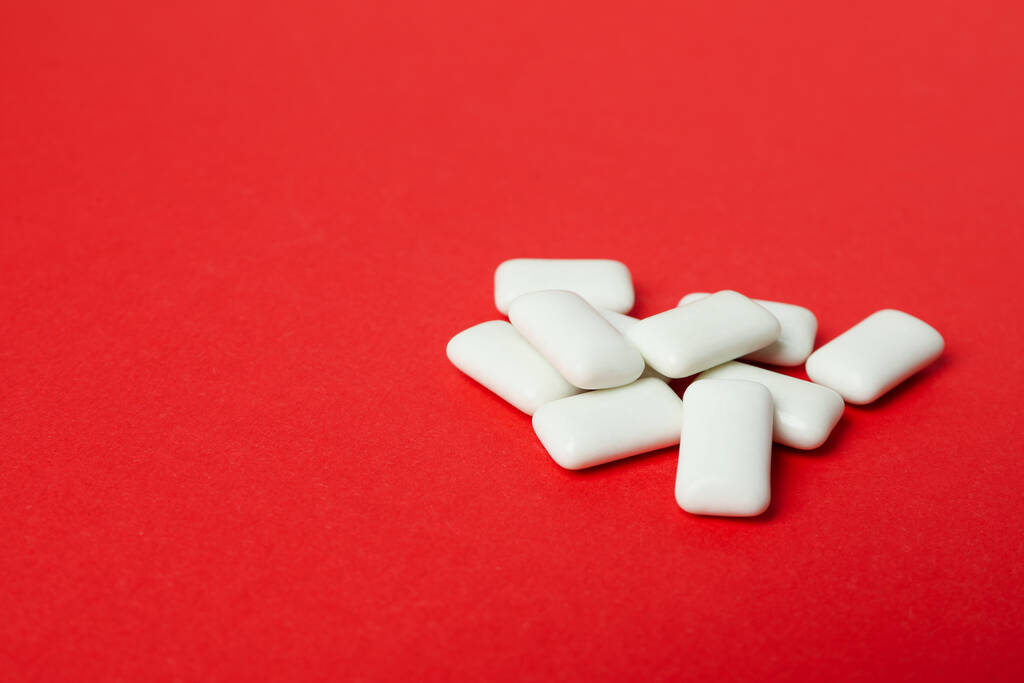Sustainable drinking pleasure: straws without plastic. In the next episode “The Lion’s Den”, a young start-up relies entirely on edible straws. Will the lions bite on this deal?
Strong idea: straw without plastic

What does a European and world champion in weightlifting and environmental protection have to do with each other? Lots! Konstantin Neumann shows this in a new episode “Die Höhle der Löwen”. The 21-year-old powerhouse and his friends Philipp Silbernagel (26) and Danilo Jovicic (29) declare war on plastic waste with their edible drinking straws.
Sustainable and tasty: “Eatapple” is a fruit-based drinking straw and an environmentally friendly and sustainable alternative to the plastic version. The healthy drinking straw is made from natural ingredients, the basic material is specially treated apple pomace. The three founders will present their business model this Tuesday at 8:15 p.m. on “Die Höhle der Löwen” on VOX.
Sustainable business model to bite into?
Whether made of glass, wood, or edible – the idea of making drinking straws more environmentally friendly in the future and producing straws without plastic is currently on everyone’s lips. Larger corporations such as Starbucks have already decided to use plastic-free alternatives when it comes to straws. The three young founders have also recognized this: In order to make their straw marketable without plastic, they researched and developed it for two years.
Now the three young entrepreneurs want to bring their “Eatapple” to bars, hotels, beaches, and private households. But for this, they need the financial support of 200,000 euros. In return, the trio “Löwen” offers eight percent of their company. “Of course, a deal would catapult us a lot forward,” explains Konstantin Neumann. Is this how you can get the lions to eat their drinking straw?

Are you also committed to sustainability and would you like to find out more about the young entrepreneurs from “Eatapple”? Then you will find a detailed portrait here.



